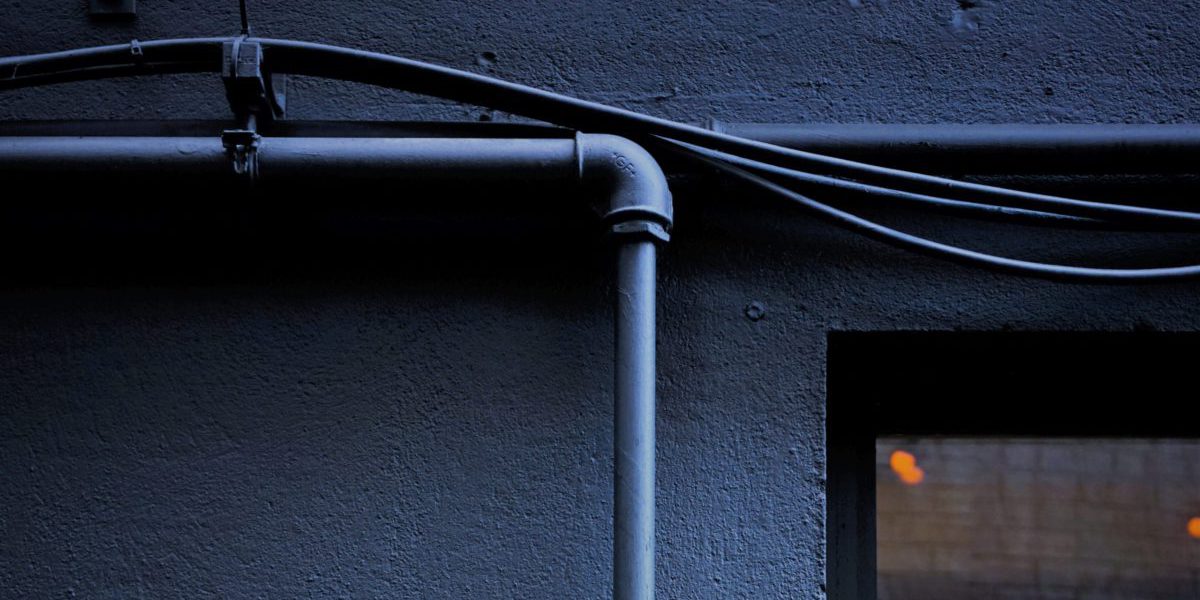Burst pipes as a result of freezing are the number one cause of property claims during the winter. This type of claim can be financially devastating to a business, often causing owners to temporarily shut down in order to repair damages to their business. Fortunately, with a bit of planning and awareness, burst pipes can be prevented.
Burst pipes can happen extremely quickly if they are directly exposed to the cold. This occurs most frequently with pipes on an exterior wall, such as a kitchen sink with a window that looks outside. As water in the line freezes, it expands, causing the pipe to crack or break. As soon as the temperature warms back up, and the frozen line melts, the pressure kicks in and water comes rushing out of the cracked pipe. Many buildings with a boiler system will run lines at ground level, below windows and sliding doors. As cold air naturally falls to the bottom of a room, this means these lines are extra susceptible to freezing. In fact, an open window or sliding door in -20 Celsius weather can lead to a pipe freezing & bursting in as little as ten minutes.
1. Insulate, seal, then insulate some more
Seal all openings, cracks and gaps on exterior walls with caulk or insulation to prevent cold air from entering and warm air from escaping. Insulate your pipes by using good-quality pipe insulation. Insulate and seal exposures in your attic and basement including vents, walls, plumbing stacks and electrical cases.
2. Maintain sufficient heat levels
With ongoing restrictions that may affect your business opening hours, it can be tempting to drop your business’s thermostat in order to save money on your monthly bills. Significant changes between nighttime and daytime temperatures can increase the risk of your pipes freezing. It is also important to ensure the internal temperature of your building never drops below 10 degrees Celsius or 50 degrees Fahrenheit. This preventative maintenance will also help your heating system run more efficiently, saving you on your utility bills.
3. Install smart technology
Remote monitoring technology and thermostats are an affordable way to provide peace of mind to your business. These systems will automatically notify you if you lose power at your property or if the temperature drops below an acceptable level.
Another way to help prevent pipes from freezing is to invest in a permanent back-up generator that can automatically power your heating system if you lose electricity.
4. Protect your business with insurance
It’s important to have insurance in place in the event that you do experience a water damage claim. Not all insurance policies will provide full coverage for damage from pipe breakage, flooding and groundwater. It is best to work with a broker who is knowledgeable and experienced in insuring business properties. If you have questions about insurance coverage for your business, Fuse Insurance is here to help. Get in touch by calling 1-866-387-FUSE (3873) or filling out our easy online quote application here.
Read more: Preparing Your Business for Colder Weather
Read more: Winter Readiness: Preventing Burst Pipes






